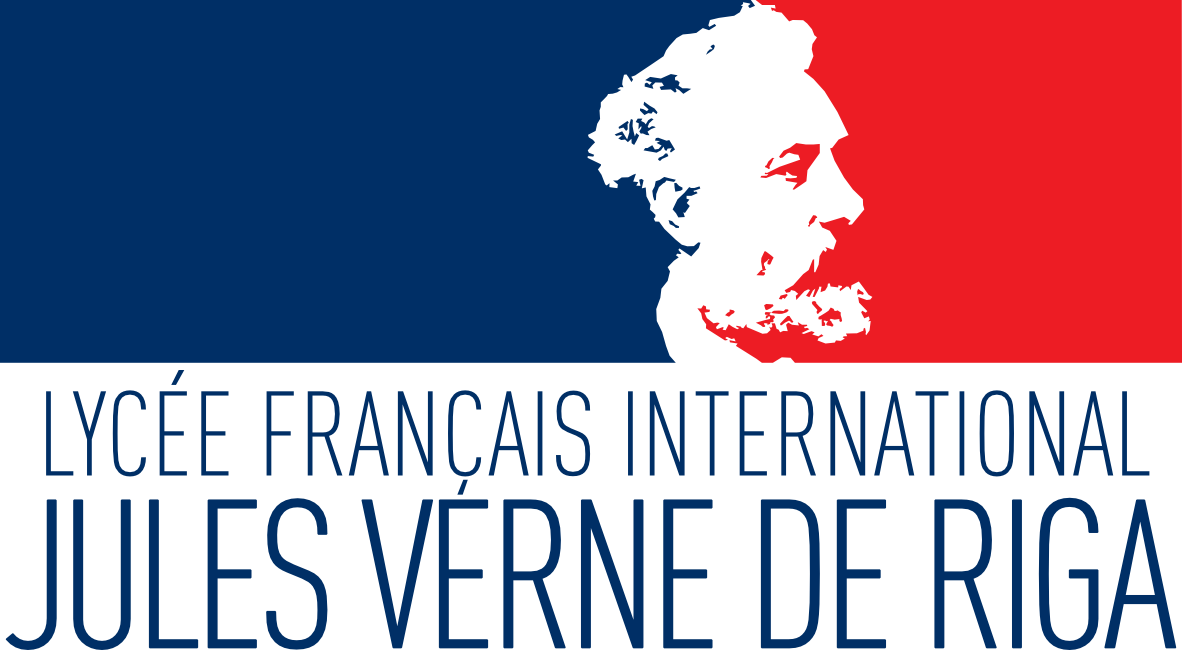Diplôme National du Brevet or DNB
The Brevet National Diploma (Le Diplôme National du Brevet des Collèges or DNB) is a diploma given to students at the end of Troisième (grade 9). The certificate is linked to the common core of knowledge, skills and culture and the results obtained in formal examinations. The assessment is mostly continuous throughout Collège (Middle School), with one oral exam and four written exams at the end of Troisième.
To be awarded a diploma, pupils must acquire the seven key competencies of the “Common Core of Knowledge and Skills” and score a minimum of 400 points (out of 800).
Eight components of the “Common Core of Knowledge and Skills” are taken into account throughout College. These components are evaluated according to a four-level scale. Positioning on this scale is based on evaluations conducted throughout Cycle 4 (Middle School) by teachers. Mastery of the common core is assessed on 400 points.
Four written tests, common to all the candidates, are examined on the subjects, French, mathematics, history and geography and moral and civic education, sciences (physics-chemistry, earth and life sciences, technology – 2 disciplines out of 3).
The written French and mathematics tests are evaluated on 100 points each. The written history – geography – moral and civic education and science tests are evaluated on 50 points each. The written language test is scored on 100 points. In addition, students must acquire a level A2 of the Common European Framework of Reference for Languages in a foreign language (English).
An oral examination is conducted on one of the subjects studied in the History of Art. The final rounds are scored on 400 points.
For students, the national diploma of the brevet is awarded when the total points is greater than or equal to 400. Endorsements or distinctions are granted if the total points are at least 480, “Fairly Good”; if the total is at least 560, “Good”; and if the total is at least 640, “Very Good”.
Baccalauréat ou bac
The French Baccalaureate or “le Bac”, is as much a part of French culture as bread, wine and cheese. First introduced by Napoleon I in 1808, the French Baccalauréat is an extensive, national examination taken at the end of the “Lycée” (High School), upon completion of grades 11 and 12. It is the required qualification in France and worldwide for students wishing to carry on their studies in Higher Education.
During Premiere (grade 11) and Terminale (grade 12), students take different exams based on nationally designed exercises, focused on History and Geography, Foreign languages A and B, Science culture, PE and 1 speciality subject they have chosen. These ongoing assessments contribute 30% of the final grade.
Throughout the two years, students also take different tests given by their teachers for each mandatory subject. These assessments (“livret scolaire”) contribute 10% of the final grade.
At the end of 11th grade, students take a French language and literature final exam in June, as the first part of the Baccalaureate. They are tested on their written skills and on an oral presentation of a text.
At the end of 12th grade, students take 3 written exams (Philosophy and two speciality subjects they have chosen and studied during 11 and 12th grade) and one oral exam about a personal project linked to a speciality subject. These exams contribute 60% of the final grade.
In order to obtain a baccalaureate, students must achieve at least ten out of a possible mark of 20. Above this, honours are awarded. Between 12 and 13.99 – assez bien (honours); between 14 and 15.99 – bien (high honours); between 16 and 20 – très bien (highest honours).
For those students who score less than ten, but eight or more, they can opt for the épreuve de rattrapage, which is an oral exam given in two subjects of the student’s choice. In this way, providing the student does well enough to raise his/her overall grade to ten, those students just missing the required pass mark are able to obtain their baccalaureate without having to repeat their final year at school.
Find out about the 2021 baccalauréat:
DELF

DELF diploma are recognized by the French education ministry and offered by France Education International. These diplomas allow to assess knowledge in French according to the Common European Framework of References for Languages. At each level, knowledge in reading, comprehension, oral expression and written expression are assessed.
These diplomas exist in several options:
DELF Prim, level A1.1-A2
DELF Junior and scolaire, level A1-B2
The different versions of a same level have the exact same value. The diplomas are valid forever!
Preparation for DELF exams is included in standard French lessons.
Check examples of DELF exams here: https://www.france-education-international.fr/delf-dalf
Cambridge exams

What is Cambridge English ?
Cambridge English is a department of Cambridge University. Their English exams Proficiency (CPE) , Advanced (CAE) , First (FCE) , Preliminary (PET) and Key (KET) are recognised by over 25,000 organisations worldwide , and provide the English language skills to communicate and succeed in the real world.
Cambridge English exams : here are some of the exams available.
IELTS – International English Language Testing System
First (FCE) – First Certificate in English ( B2 )
Advanced (CAE) – Certificate of Advanced English (C1)
Proficiency (CPE) – Certificate of Proficiency in English (C2)
Preliminary (PET) , PET for Schools – Preliminary English Test (B1)
Key (KET) – Key English Test (A2)
The Cambridge exams KET, PET, FCE, CAE and CPE don’t have any expiry date.
They are valid forever. For more information: www.examenglish.com
